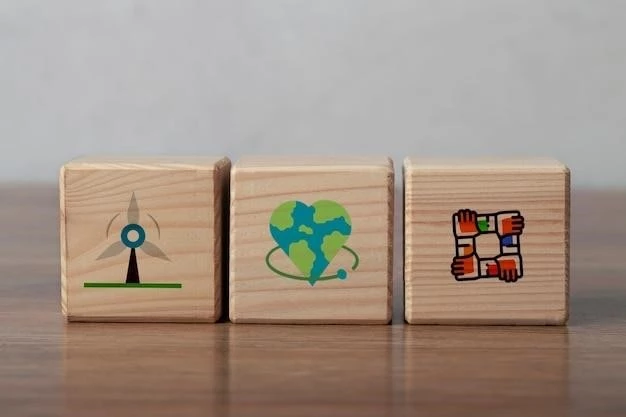Conservation, at its core, is an ethical endeavor. It stems from a recognition of the intrinsic value of nature and the moral obligation we have to protect it. While the science of conservation provides us with the tools and knowledge, it is ethics that guides our decisions and actions. This article delves into the ethical principles underpinning conservation, their practical implications, and the ongoing debates within the field.
Key Ethical Principles
Several key ethical principles inform conservation efforts:
- Intrinsic Value of Nature: This principle asserts that nature has value in and of itself, independent of its utility to humans. It acknowledges the inherent worth of all living organisms and ecosystems, regardless of their economic or instrumental value. This principle challenges anthropocentric views and calls for respect for all life forms.
- Biodiversity Conservation: Maintaining the variety and variability of life on Earth is crucial for ecological health and resilience. Ethical considerations demand that we strive to preserve species, genetic diversity, and the intricate web of ecological interactions that sustain life;
- Sustainability: Ethical conservation necessitates a long-term perspective, ensuring that natural resources are managed in a way that meets the needs of present generations without compromising the ability of future generations to meet their own needs. This principle emphasizes responsible stewardship of the planet.
- Justice and Equity: Conservation efforts must be conducted in a just and equitable manner. This includes respecting the rights and knowledge of indigenous and local communities, ensuring fair access to natural resources, and addressing the disproportionate impacts of environmental degradation on marginalized groups.

Ethical Dilemmas in Conservation
The practice of conservation is rife with ethical dilemmas, often forcing difficult choices and trade-offs:
- Human-Wildlife Conflict: When human activities encroach upon wildlife habitats, conflicts can arise. Balancing human needs with the protection of wildlife populations requires careful ethical consideration, often involving difficult decisions about resource allocation, land use, and wildlife management practices.
- Intervention vs. Non-Intervention: Conservationists grapple with the ethics of intervening in natural processes. While active management may be necessary to protect endangered species or restore degraded ecosystems, there are ethical concerns about human interference in natural selection and the potential for unintended consequences.
- Resource Allocation: Limited resources necessitate prioritizing conservation efforts. Ethical considerations come into play when deciding which species or ecosystems to prioritize, often involving complex assessments of ecological significance, extinction risk, and potential benefits to human well-being.
Emerging Ethical Considerations
As conservation science evolves, new ethical considerations continue to emerge:
- Climate Change: The global climate crisis presents profound ethical challenges for conservation. Decisions about assisted migration, gene editing, and the allocation of resources for climate adaptation raise complex ethical questions about our responsibilities to current and future generations of humans and other species.
- Technological Advancements: Emerging technologies, such as gene editing and synthetic biology, offer potential tools for conservation but also raise ethical concerns. The potential for unintended ecological consequences and the blurring of lines between natural and artificial require careful ethical scrutiny.
- Intergenerational Equity: Ethical conservation requires considering the long-term impacts of our actions on future generations. Ensuring that future generations inherit a healthy and biodiverse planet necessitates intergenerational equity in resource use, pollution control, and climate change mitigation.

Conclusion
The ethics of conservation provide a moral compass for navigating the complex challenges of protecting the natural world. By embracing principles of intrinsic value, biodiversity conservation, sustainability, and justice, we can strive for conservation practices that are both ecologically sound and ethically responsible. As we face unprecedented environmental challenges, ethical considerations must remain at the forefront of our efforts to conserve the planet for current and future generations.










